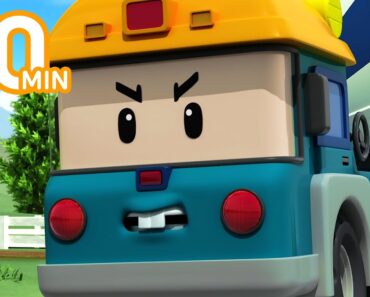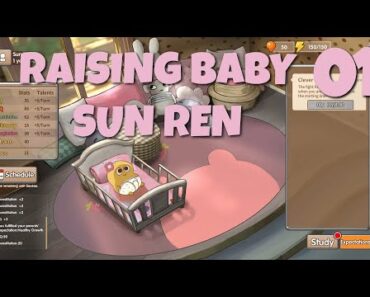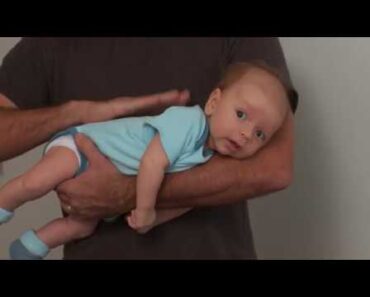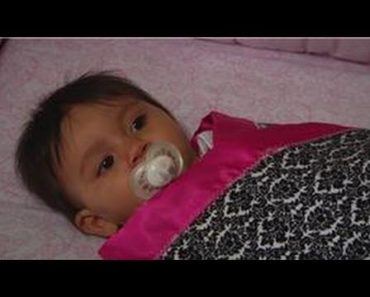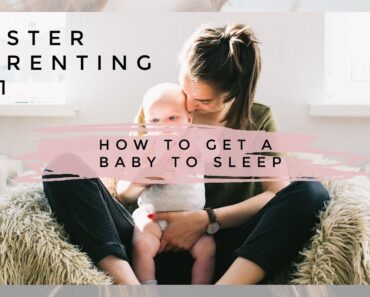Heat rashes affect about 40 percent of newborns, mostly in the first month of their lives (1). A baby’s heat rash is often due to underdeveloped sweat glands. However, in some cases, heat rashes could also occur due to blocked sweat glands or overheating. In either case, these rashes can be treated with home remedies after consulting a pediatrician.
Read about the types, symptoms, risk factors, treatment, and prevention of a heat rash in babies.
Types Of Heat Rashes In Babies
Heat rashes, also known as prickly heat or miliaria, can be of different types, depending on the location of the rash, its clinical features, and other factors, such as the baby’s age (2) (3) (4).
- Miliaria crystallina: This sub-type of heat rash is commonly seen in the neck, trunk, and head areas. It mostly affects babies aged two weeks or less and is caused due to the obstruction of the sweat glands right beneath the skin’s surface.
- Miliaria rubra: It is the most common type of heat rash that might be seen in babies between one and three weeks of age. It is caused due to the blockage of the sweat glands present in the deeper layers of the skin.
- Miliaria profunda: This form of heat rash happens due to the leaking of sweat from the sweat glands into the middle layer of the skin instead of the outer layer. This is the rarest form of miliaria, and it seldom occurs in babies.
Symptoms Of Heat Rash In Babies
Babies experiencing heat rashes may encounter the following symptoms (5) (6).
- Small red bumps on the skin
- Severe itching
- Watery blisters
- Swelling around the rashes
- Formation of pustules in case of severe heat rashes (miliaria pustulosa)
The most common areas where heat rashes occur are skin folds, such as neck folds and skin folds in the diaper area.
Treatment For Heat Rash In Babies
Heat rashes usually go away within a few days with no treatment. Medicinal creams or ointments are not usually recommended for the treatment of heat rashes in babies. You may consider the following steps to reduce the intensity of the rashes and alleviate any irritation (5).
- Cool the skin using a cloth dipped in cold water (cold compress).
- Dress your baby in light clothing.
- Clean the sweat in skin folds and ensure that they remain dry.
- Keep your baby cool with the help of an air conditioner or a fan.
- Leave the baby without clothing for some time each day if the weather is extremely hot and humid.
Prevention Of Heat Rash In Babies
Rashes are commonly caused due to the sweat blocked inside the skin layers. You may prevent this from happening with the following interventions.
- Do not overdress your baby in extra heavy layers of clothing, as it can block the sweat glands.
- Keep the indoors cool.
- Do not put ointments or oily creams on your baby’s skin as they block the skin’s pores.
- Make sure the skin folds near the neck or other body parts are clean and dry.
- Ensure adequate ventilation in the baby’s room.
When To Call The Doctor
Heat rashes usually get better on their own within three to four days. However, contact your baby’s pediatrician if the rashes persist and show no signs of healing after a few days. Other symptoms to look out for are (7):
- Pus in the rash
- Fever
- Swelling of the lymph nodes near the armpit or neck
- Pain and swelling surrounding the areas affected by the rash
- Constant fussiness
- Irritation interferes with the baby’s sleep and appetite
Frequently Asked Questions
1. Is coconut oil good for heat rash?
Although coconut oil might temporarily soothe skin irritation due to a heat rash, it could block the skin’s pores, exacerbating the skin rash. Avoid applying any substance except cold water compress on the heat rash.
2. Does breast milk help heal heat rash?
Breast milk is known to contain moisturizing and healing properties. But applying it to the area affected by a rash is not recommended as it might lead to contradictory results.
Heat rashes are commonly seen in babies during hot and humid weather. They usually go away on their own within a few days without the need for medical attention. However, if the rashes persist for more than a few days, it is advised to consult your child’s pediatrician. Dressing up your baby in light and breezy clothes may help reduce the chances of heat rash.
References:


